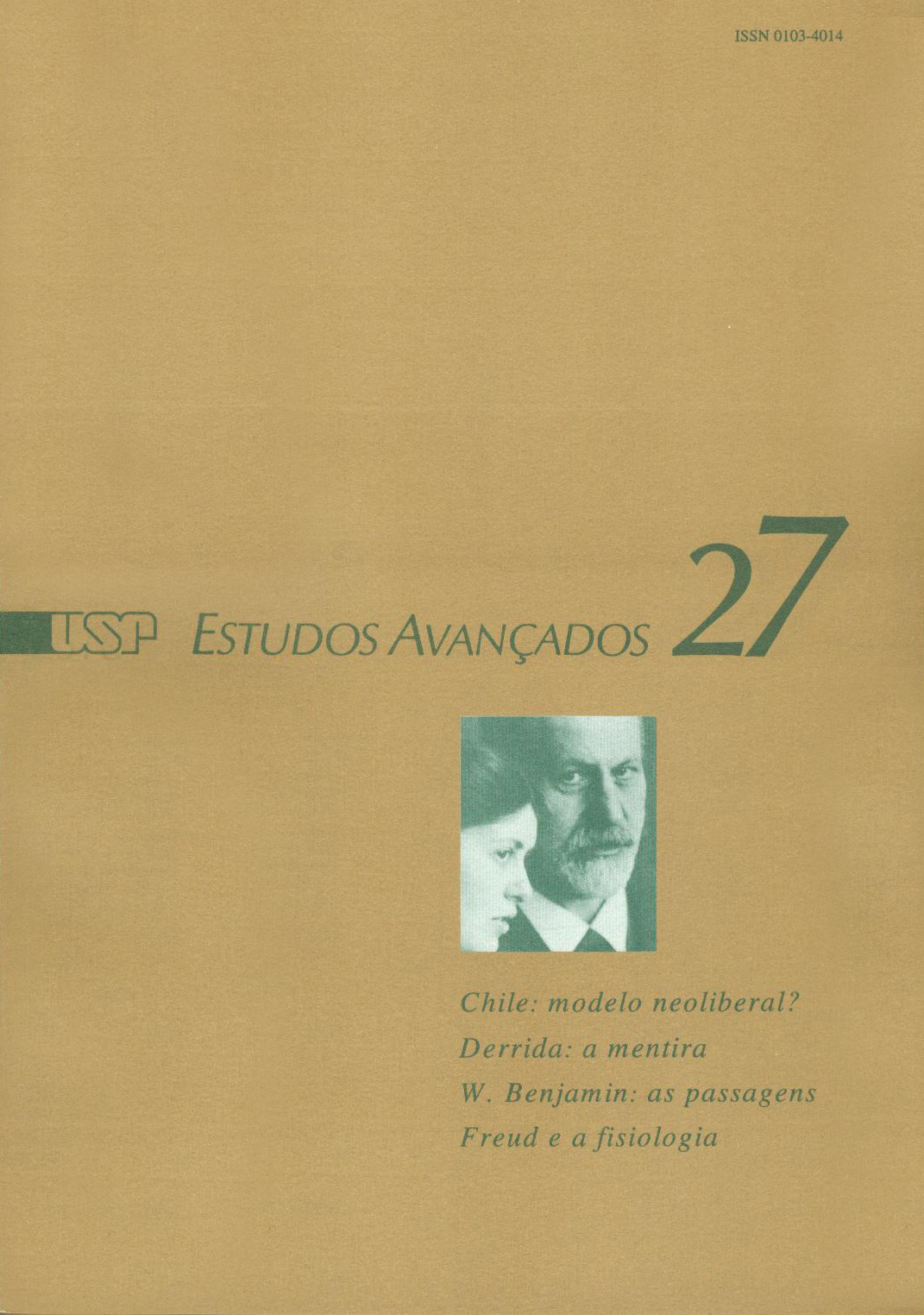Freud e a fisiologia
Abstract
Freud's experience in the field of empirical science, at the beginning of his carrer in Vienna, is reviewed and admitted as still relevant in the years in which psychoanalysis was developped. Freud was successively zoologist (with Claus), physiologist (with Brücke) and psychologist (with Meynert) before creating his talk therapy. This would have enabled him to forecast that the advances in neurosciences and drug therapy might conflict with psychoanalysis. The compatibility between neurosciences and psychoanalysis, as defended by Mezan, is emphasized, in terms of each having its own purpose. Exemples of efforts to explain mechanistically the mind are evoked, as well as the recent revival of the concept of cognitive unconscious. Freud's position in relation to philosophy is briefly approached, as well as his view towards positivism. His frustrations - the lost chances of conceiving the neurone and prescribing cocain - are remembered. In spite of the theorization implicated in psychoanalysis, Freud remained residually a natural scientist, as he once proclaimed himself.Downloads
Download data is not yet available.
Downloads
Published
1996-08-01
Issue
Section
Texts
License
Estudos Avançados não celebra contrato de cessão de direitos autorais com seus colaboradores, razão pela qual não detém os direitos autorais dos artigos publicados. Os interessados em reproduzir artigos publicados na revista devem necessariamente obter o consentimento do autor e atribuir devidamente os créditos ao periódico.
How to Cite
Mendes, E. G. (1996). Freud e a fisiologia . Estudos Avançados, 10(27), 79-93. https://journals.usp.br/eav/article/view/8936


